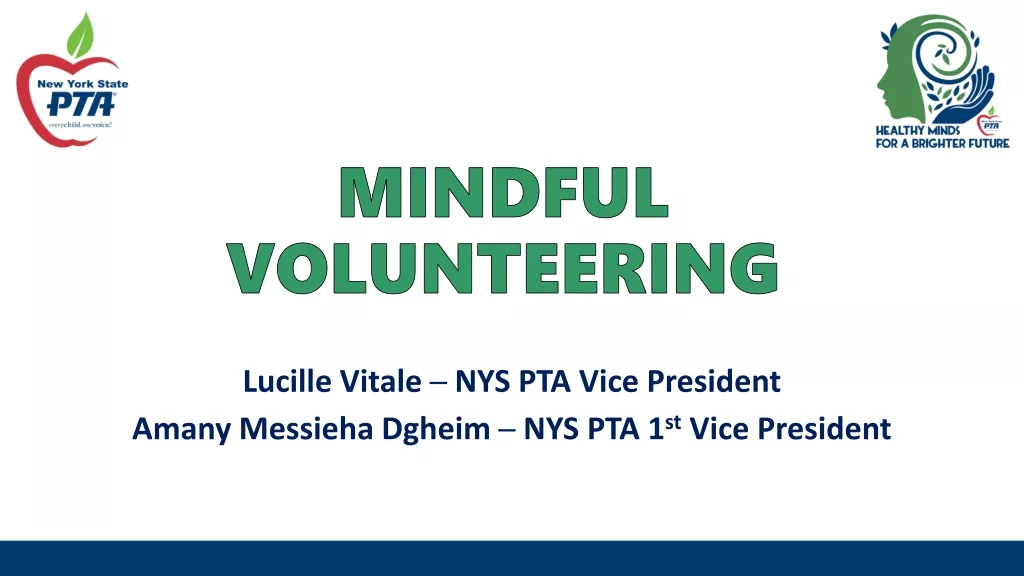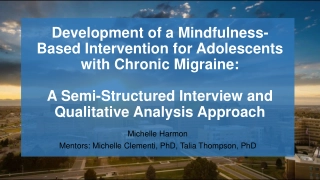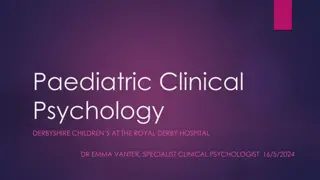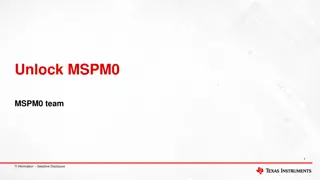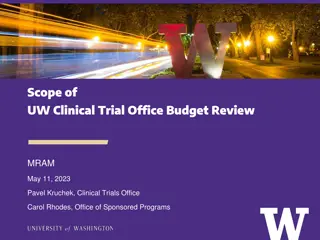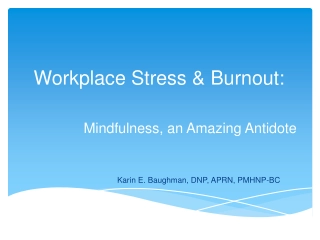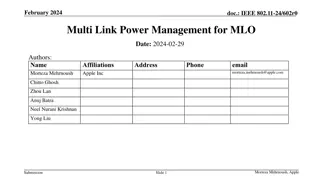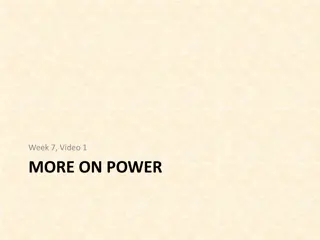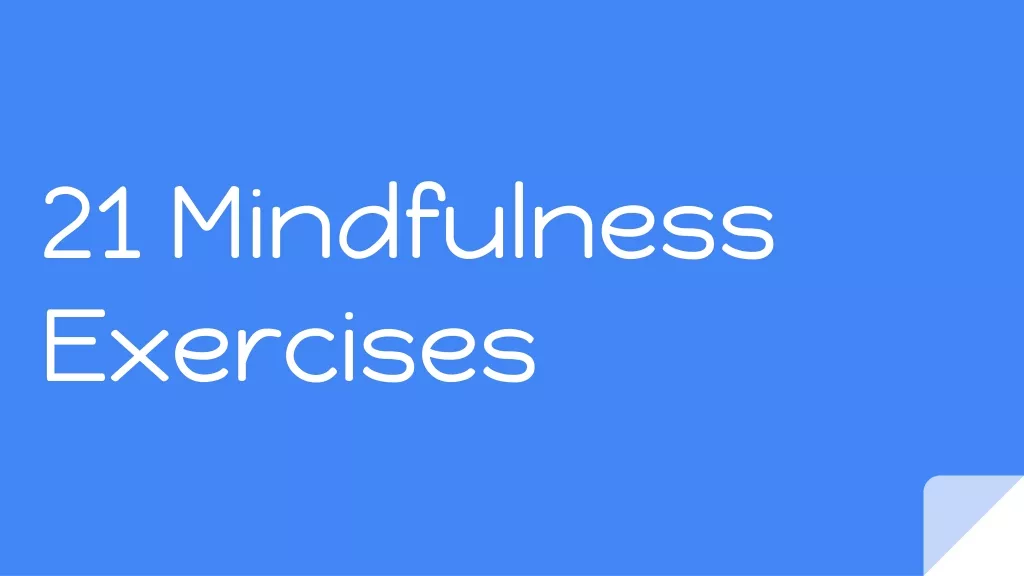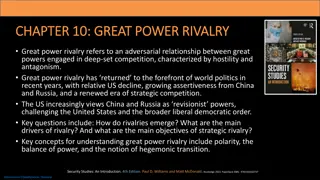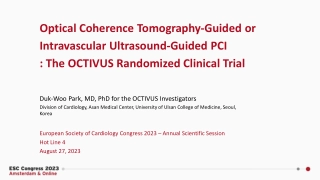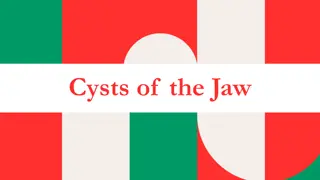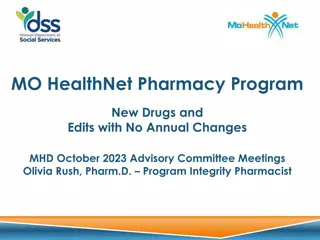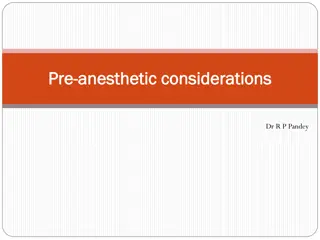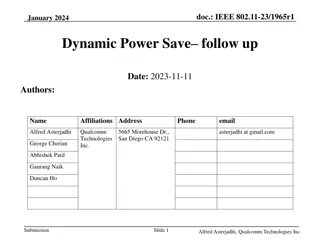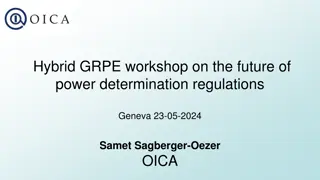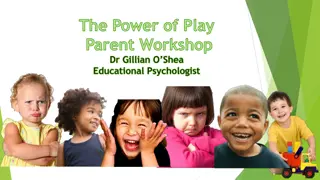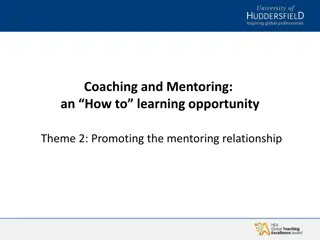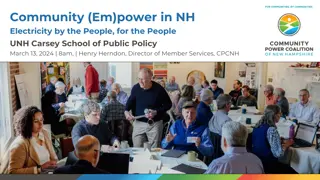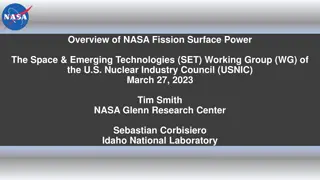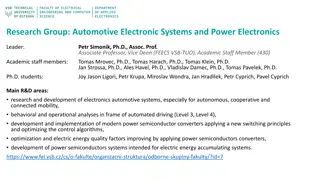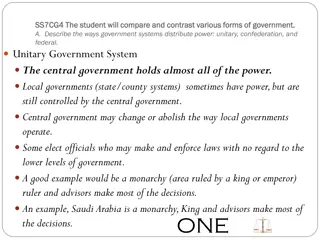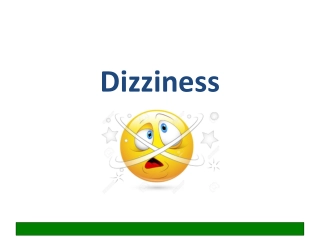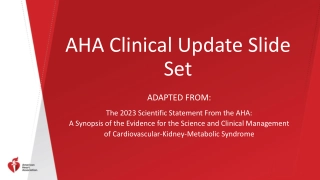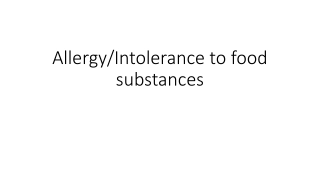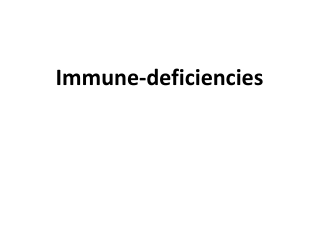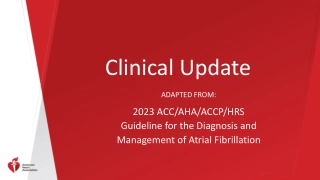Unlocking the Power of Mindfulness with Dr. Lucy Gamble, Clinical Psychologist
Join Dr. Lucy Gamble, a renowned Clinical Psychologist and Mindfulness Lead at NHS GGC, as she guides you through insightful sessions on mindfulness, self-awareness, and overcoming automatic negative thoughts. Explore the transformative impact of mindfulness, learn to respond rather than react, and cultivate tiny habits for a balanced life. Discover the essence of mindfulness and how it can enhance your well-being in practical ways.
Download Presentation
Please find below an Image/Link to download the presentation.
The content on the website is provided AS IS for your information and personal use only. It may not be sold, licensed, or shared on other websites without obtaining consent from the author. Download presentation by click this link. If you encounter any issues during the download, it is possible that the publisher has removed the file from their server.
Presentation Transcript
Dr Lucy Gamble Consultant Clinical Psychologist NHS GGC Mindfulness Lead
Overview of three sessions Session 1 Why we re here, models and a bit of practice Session 2 Feedback and a bit of practice Session 3 Feedback, a bit of practice and what next
Why are we here? Why bother? It s not me it s the system What is your intention?
The Power of the Mind There were many terrible things in my life, but most of them never happened - Michel de Montaigne
Stories we have about ourselves and our lives Remember a recent time when you have been distressed. How would you have completed these sentences: I am .. Other people think that I am .
Automatic thoughts questionnaire - I feel like I am up against the world - - I m a failure - I m no good - Why can t I ever success? - No one understands me - I ve let people down - I don t think I can go on - Wish I was a better person - I m so week - My life s not going the way I want it to. - I m so disappointed in myself - I wish I were somewhere else - Nothing feels good anymore - I cant get things together - I cant stand this anymore - I hate myself - I cant get started - I m worthless - I wish I could just disappear - I m a loser - What is the matter with me? - What s wrong with me? - I ll never make it. - I feel so helpless - Something has to change - There must be something wrong with me? - My future is bleak - It s just not worth it. - I can t finish anything. - My life is a mess.
Aims of Mindfulness Aim 1 Noticing what is happening (awareness) Aim 2 Grounding, balancing Aim 3 Responding rather than reacting
Tiny Habits Mindfulness TINY MINDFULNESS HABITS
What is Mindfulness? Definitions: Mindfulness in its simplest form is active and intentional awareness of the present moment Mindfulness means paying attention in a particular way: on purpose, in the present moment, and nonjudgmentally.
Science of Mindfulness In a little as 8 weeks , regular daily practice changes the architecture of the brain We will be introducing you to mindfulness practices in these three sessions: Tuning in to experiences in the present moment Noticing responses Playing with different attitudes
Common examples of not being mindful? Autopilot. Multitasking. Planning. Thinking about yesterday s meeting.
We know whats good for us But these things can be the most difficult things to do habitually! We can begin small, create a new habit and develop this . The ripple effect: the continuing and spreading results of an event or action.
What are the habits you think would improve your quality of life? Health routines Physical activity Nutrition Calming Mindfulness and gratitude Relationships
When you carry out a behaviour and feel a positive emotion about it, your brain pays attention. It essentially thinks, "Wow, that felt good. I want to do that behaviour again! Emotions create habits. The stronger the emotion, the more deeply your brain rewires.
Forming a tiny habit Just like with plants: You start small. It takes root. And then it can grow Simplicity changes behaviour
Tiny habits Fogg model Three elements necessary to make a behaviour occur: Motivation Ability A Prompt Additional info on this link re model: Behavior Model
Recipe for forming a tiny mindfulness habit Keep it simple Focus on tiny behaviours, and Use an existing routine (an "anchor") as your reminder: "After I [existing anchor] , I will [new tiny behaviour]" Some pairings work well, and the habit forms quickly and naturally.
What is the tiniest mindfulness habit I could create that would have the most meaning? What would make this behaviour hard to do? How can I make this behaviour easier to do?
Practice After I ____________ , I will __________________ After I ___________ , I will __________________ After I ___________ , I will __________________
Celebration Emotions wire in habits We need to positively reinforce our achievements to maintain motivation Celebrate remembering to do the habit. Celebrate small wins.
Feelings change Carry out tiny habit Increase positive feelings Feel good Smile/ celebrate /praise
Ideas for tiny mindfulness habits Take a sip of a drink, notice the smell, temperature, taste, bodily sensations asyou drink Go outside and notice how theweather feels on your face. Place one hand on your belly & one on yourchest. Breath in, pause, breathout. What sensations did you notice? Pause to watch the sky or clouds for 15 seconds Walk a different route and see what you can notice Walk the same route and look for what you have failed to notice!
Notice a pleasant event, e.g. bird song, someone smiling atyou. How does your body feel, what thoughts and feelingsdid you experience? If you find yourself rushing, make an effort to slow down. Choose something to eat mindfully. Forone mouthful, appreciate the taste, texture and smell of your food. Take a moment to smile. What does it feel like to smile? What is one thing you are grateful for?
Do something kind forsomeone today e.g. make them a mug of tea, smile at someone, or help them with a task. Notice how you speak to yourself. Is it possible to use kind words/tone? Stop, feel the soles of your feet on the floor & take a slow deep breath. Notice how you feel. Find an opportunity to say thank you to someone today. Catch yourself over reacting and take a deep breath and breath out slowly.
Consciously slowyour breathing for 3 breaths. Look closely at nature. Can you notice the beauty in nature, even if you are inside ( e.g. a house plant or picture). When you wash your hands or face today, notice the feel of wateron your skin. Slow down and savourthe moment whether folding up clothes, watching people interact, or sipping a drink
Examples of how to anchor tiny mindfulness habits "After I brush my teeth, I will notice the taste and sensations in my mouth . "After I pour my morning coffee, I will listen to the sounds in the house . After I switch my computer on, I will focus on my feet in my shoes . After I sit down on the train, I will take three deep breaths . After I put my head on the pillow, I will feel where my body is in contact with the mattress .
Examples of the Tiny Mindfulness Habits recipe After I [your anchor], I will Look up at the stars After I [your anchor], I will Smile immediately After I [your anchor], I will Think of one thing I m grateful for After I [your anchor], I will Say one thing I m thankful for After I [your anchor], I will Do one visualization After I [your anchor], I will Meditate for 3 breaths After I [your anchor], I will Do one sun salutation After I [your anchor], I will Write down one positive word
Be curious. Suggestions for between session work . Choose a couple of tiny things that you would like to prioritise for change. Keep track of how you are doing. Celebrate successes Remember, change is a process !
Thank You Lucy.Gamble@ggc.scot.nhs.uk



